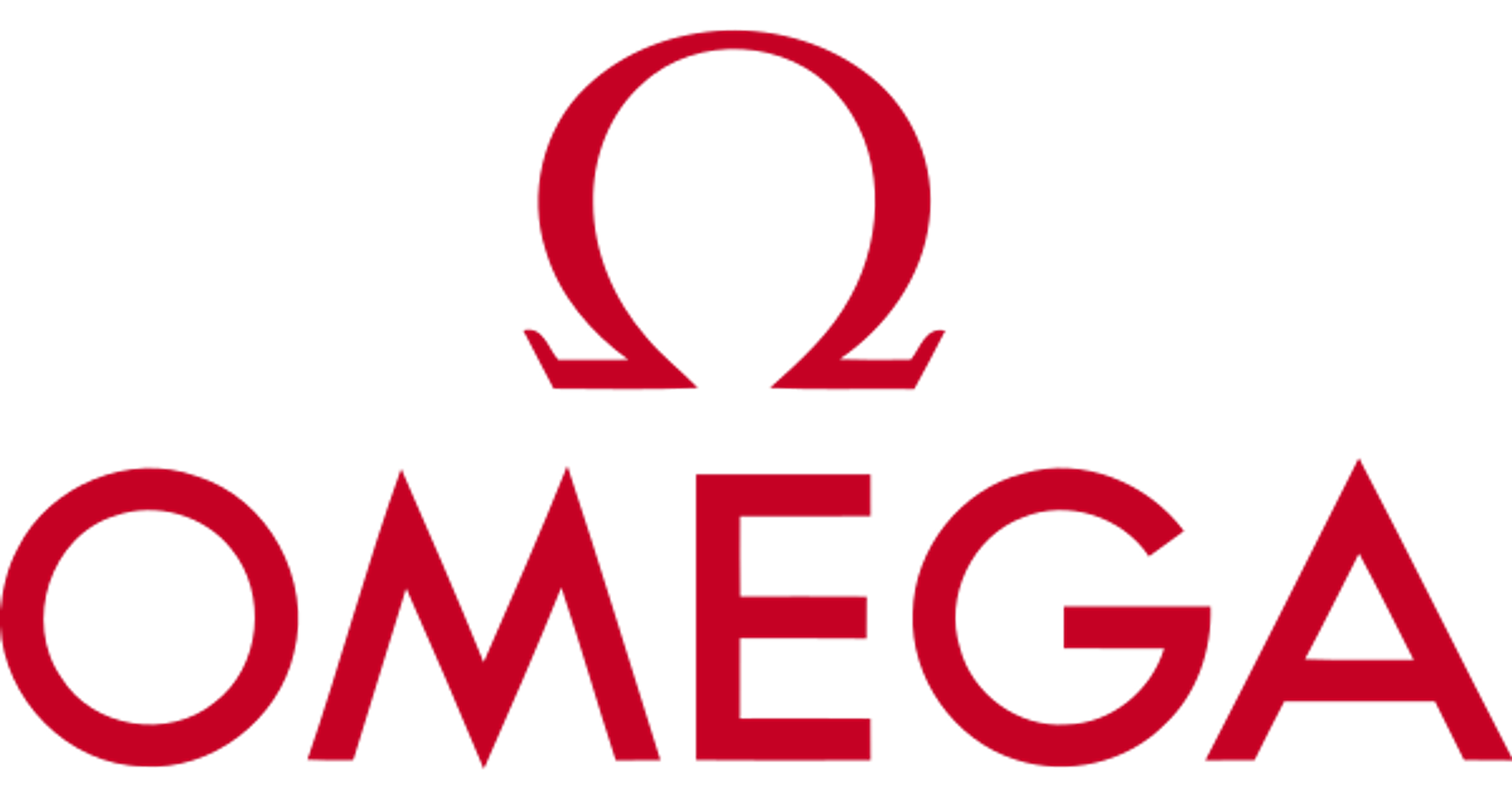
H&M
What do people say about H&M?
The perception of H&M in Norway is notably negative, particularly as consumers increasingly turn to second-hand shopping options. Multiple discussions emphasize the high prices of H&M products, with some noting that it's not even cheap to buy from them compared to thrift stores. Furthermore, there are concerns about H&M's competition and relevance in a market that is shifting towards sustainability and ethical consumption. On the other hand, H&M is still recognized for providing trendy children's clothing, as seen in consumer preferences, but the overall sentiment leans heavily towards skepticism about its value and sustainability practices.
Where are the conversations happening?
Critical discussions about H&M appear across various podcast sources including 'Ane Viken Refseth' and 'Med all respekt,' where thrift shopping is praised while H&M's prices are criticized. The 'StockUp' podcast also touches on issues related to market competition and operational costs for H&M, indicating a lack of confidence in the brand's future within the fast fashion sector. Overall, the tone across these sources suggests a shift in consumer preferences away from H&M due to perceived higher costs and ethical concerns.
What are the topics trending around H&M?
The rising popularity of thrift shopping and second-hand markets, alongside increasing consumer scrutiny of fast fashion sustainability practices, are critical trends impacting H&M's perception.
Why are these topics trending?
These topics are trending as consumers are becoming more aware of environmental issues and looking for sustainable fashion choices, leading to a decline in H&M's market appeal as they struggle to compete with the thrift shopping movement.
How is H&M being talked about?
Detailed breakdown of public sentiment and conversations about this entity.
Impact vs Sentiment
See how each entity's high impact percentage relates to their positive sentiment percentage from actual mentions.



